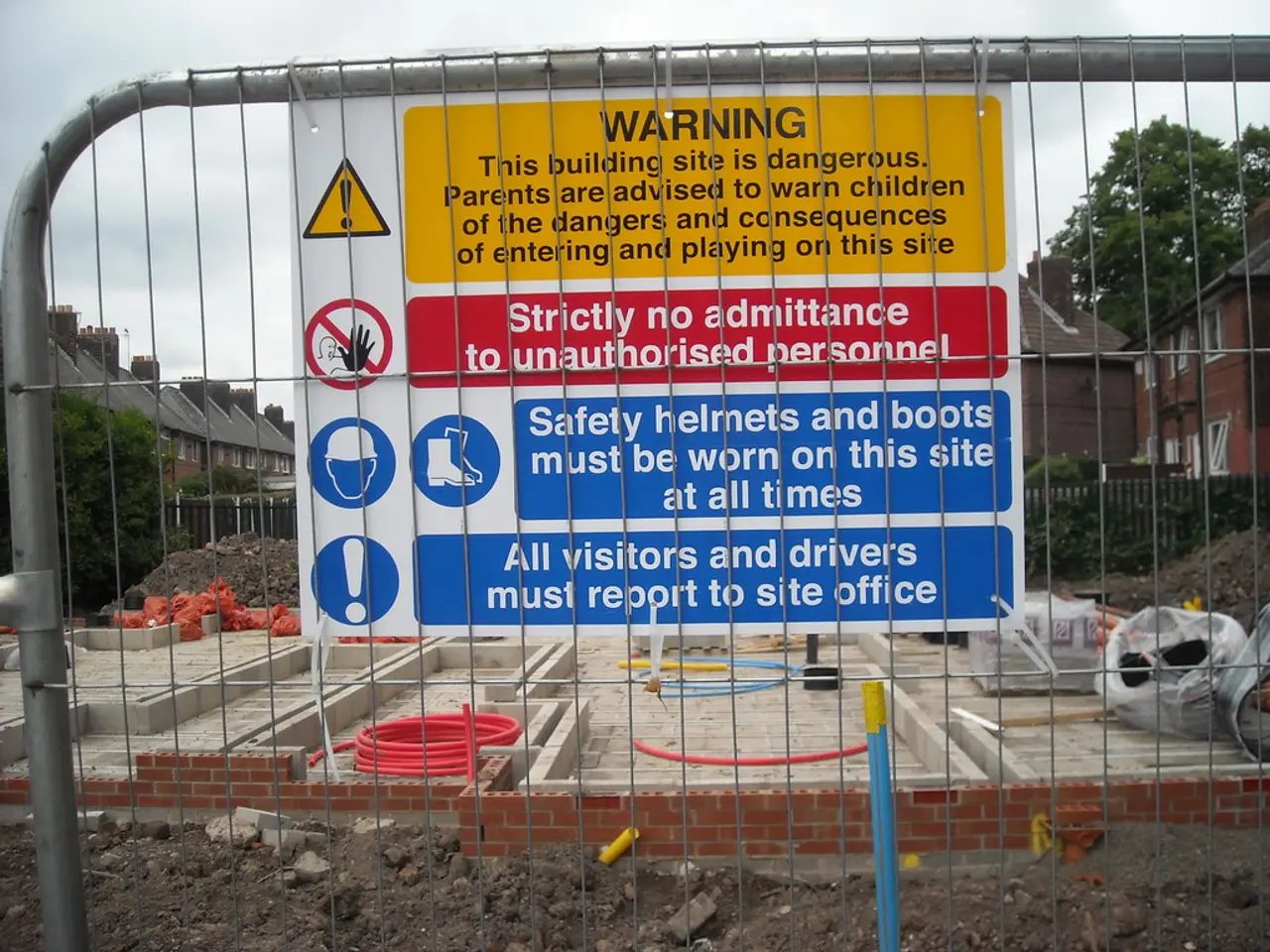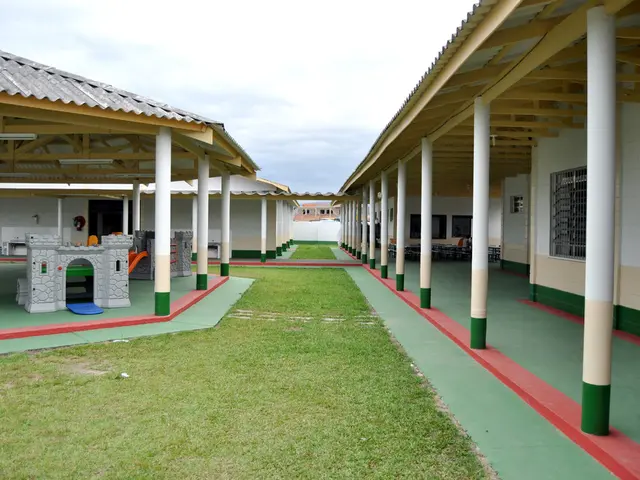Construction regulations for groundwork to be implemented in Ulan-Ude
Ulan-Ude, the capital of the Republic of Buryatia, is implementing new measures to improve the city's urban landscape following earthworks. The first deputy mayor for infrastructure development, Sergei Gashiev, has reported on the progress made so far.
In 2024, fines totalling 5 million rubles were imposed on resource-supplying organizations that conducted earthworks and failed to meet the deadline in Ulan-Ude. For the first nine months of 2025, this figure dropped slightly to 4.6 million rubles. However, it is currently unclear which organizations in Ulan-Ude received the highest fines for earthworks in 2023, 2024, and the first nine months of 2025.
To address this issue, the committees on economics and finance are exploring the possibility of directing collected fines towards urban improvement in the districts. This move aims to not only penalize violators but also contribute positively to the city's development.
The Ulan-Ude Mayor has also ordered the shortening of earthworks duration to prevent repairs from extending into winter. From now on, the duration of work for earthworks will be limited to 30 days, with extensions only possible upon commission decision.
New rules for issuing permits for earthworks in Ulan-Ude will come into effect on September 1. Permits will only be issued to the actual performers of the work, not subcontractors or subcontractors. The applicant must confirm the availability of materials, equipment, and workers for the earthworks.
Mandatory installation of protective fences at least two meters high will be required for earthworks in Ulan-Ude. Additionally, work within 1.5 meters of the roots can only be done manually. Under the new rules, each tree in the work area must be protected by a special shield at least two meters high.
New fines for each day of delay in restoring urban improvement have been introduced. Individuals will face fines of 500 rubles, while legal entities will be fined 5,000 rubles for each day of delay.
These new regulations are part of Ulan-Ude's commitment to improving the city's infrastructure and ensuring a cleaner, greener, and more efficient urban environment.







